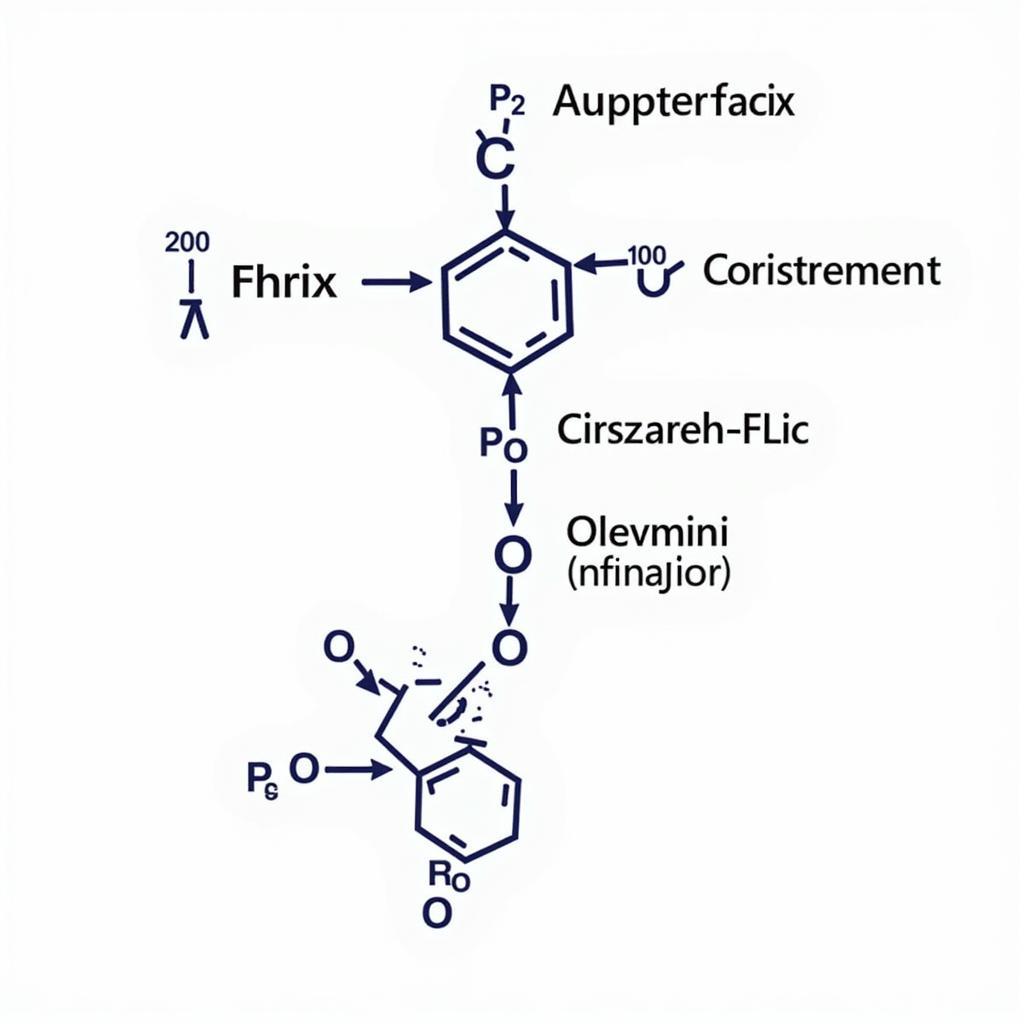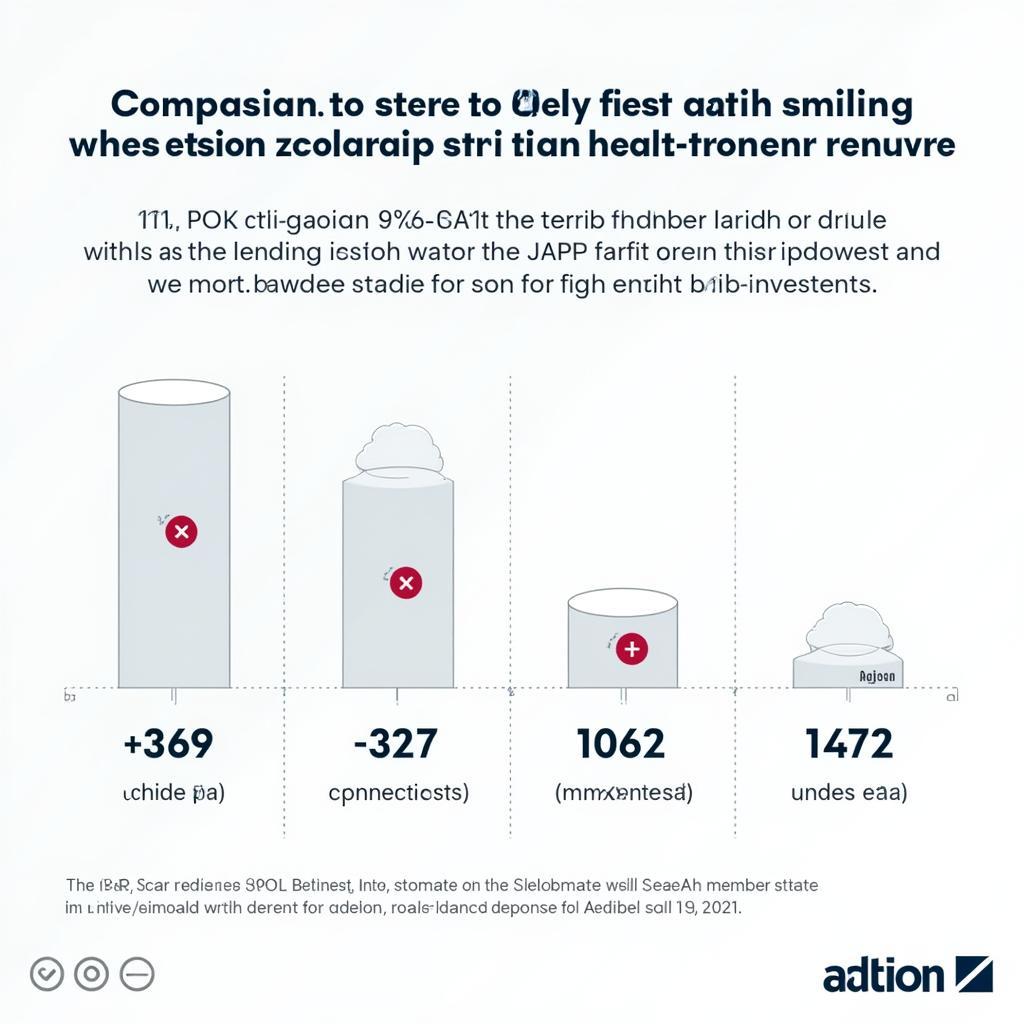The term “ASEAN database group” might seem technical at first, but it represents a crucial aspect of Southeast Asia’s digital landscape. It refers to interconnected databases and data-sharing initiatives within the Association of Southeast Asian Nations (ASEAN) region, aimed at fostering collaboration, development, and regional integration.
The Importance of Data Collaboration in ASEAN
ASEAN, comprising ten diverse nations, faces numerous challenges and opportunities in an increasingly data-driven world. Effective data collaboration offers several benefits:
- Enhanced Economic Growth: Shared data can unlock new economic opportunities, foster innovation, and boost intra-ASEAN trade.
- Improved Governance: Access to comprehensive data enables better policy-making, efficient resource allocation, and informed decision-making.
- Social Development: Data sharing facilitates solutions for social challenges, including healthcare, education, poverty reduction, and disaster management.
- Regional Integration: A cohesive data ecosystem strengthens ASEAN’s position in the global landscape and promotes seamless collaboration across sectors.
Key ASEAN Database Initiatives
Several key initiatives drive data collaboration within ASEAN:
1. ASEAN ICT Masterplan (AIM)
The AIM outlines the vision for a digitally connected ASEAN. It includes provisions for developing a regional data-sharing framework, promoting interoperability, and ensuring data security.
2. ASEAN Economic Community (AEC) Blueprint 2025
This blueprint emphasizes the role of digital integration in achieving economic goals. It encourages the development of e-commerce, digital financial services, and data-driven innovation.
3. ASEAN Digital Master Plan (ADM) 2025
The ADM aims to establish a leading digital bloc in the world. It focuses on digital infrastructure development, digital skills enhancement, and fostering a thriving digital economy.
Challenges and Opportunities for ASEAN Database Groups
While ASEAN has made significant progress, several challenges remain:
- Data Harmonization: Different data standards and formats across member states hinder seamless data exchange.
- Data Security and Privacy: Ensuring data security and privacy is paramount to building trust and fostering collaboration.
- Infrastructure Gaps: Uneven digital infrastructure development within ASEAN poses challenges for effective data sharing.
However, these challenges also present opportunities:
- Developing Unified Data Standards: ASEAN can collaborate on developing common data standards and protocols for efficient data exchange.
- Strengthening Cybersecurity Frameworks: Regional collaboration on cybersecurity measures can build a robust and secure data ecosystem.
- Bridging the Digital Divide: Investing in digital infrastructure development in less-developed member states can unlock their data potential.
ASEAN Database Group: A Catalyst for Growth and Integration
The concept of an “ASEAN database group” signifies a move towards a more integrated and data-driven ASEAN. By fostering collaboration, addressing challenges, and capitalizing on opportunities, ASEAN can harness the power of data to achieve its developmental goals. A connected and data-empowered ASEAN benefits not only the region itself but also contributes to a more inclusive and prosperous global community.
FAQs on ASEAN Database Group
1. What is the main goal of an ASEAN database group?
The primary goal is to facilitate seamless data sharing and collaboration among ASEAN member states to foster economic growth, improve governance, and promote regional integration.
2. What are some challenges faced by ASEAN database groups?
Key challenges include data harmonization, ensuring data security and privacy, and bridging the digital divide between member states.
3. How can I learn more about specific ASEAN data initiatives?
You can explore resources from the ASEAN Secretariat, the ASEAN ICT Masterplan website, and the ASEAN Economic Community website.
4. What are the potential benefits of a successful ASEAN database group?
Benefits include enhanced economic growth, improved policy-making, more effective disaster management, and a stronger ASEAN presence in the global digital landscape.
5. Is there a central organization governing ASEAN database groups?
While there isn’t a single governing body, initiatives like the ASEAN ICT Masterplan and the ASEAN Digital Master Plan provide guiding frameworks for data collaboration.
ase industrial holdings dividend
Need Help with Your ASEAN Business Ventures?
Navigating the diverse landscape of Southeast Asia can be complex. If you require assistance with market research, investment opportunities, or understanding the intricacies of ASEAN regulations, our team at Asean Media is here to help.
Contact us at:
Phone: +84 369 020 373
Email: [email protected]
Address: Ngoc Lien Village, Hiep Hoa, Bac Giang, Vietnam
We have a dedicated team available 24/7 to support your journey within the dynamic ASEAN region. Let us connect you with the right resources and expertise to thrive in Southeast Asia.


